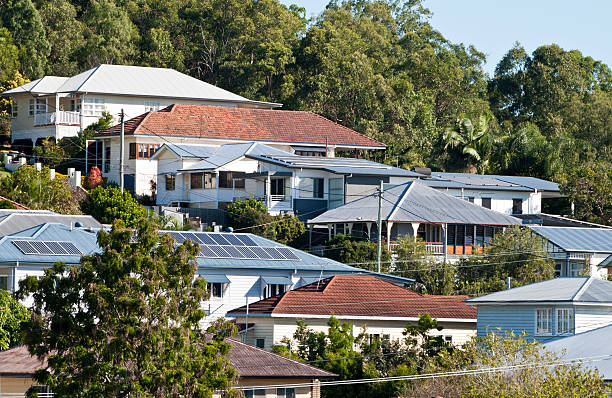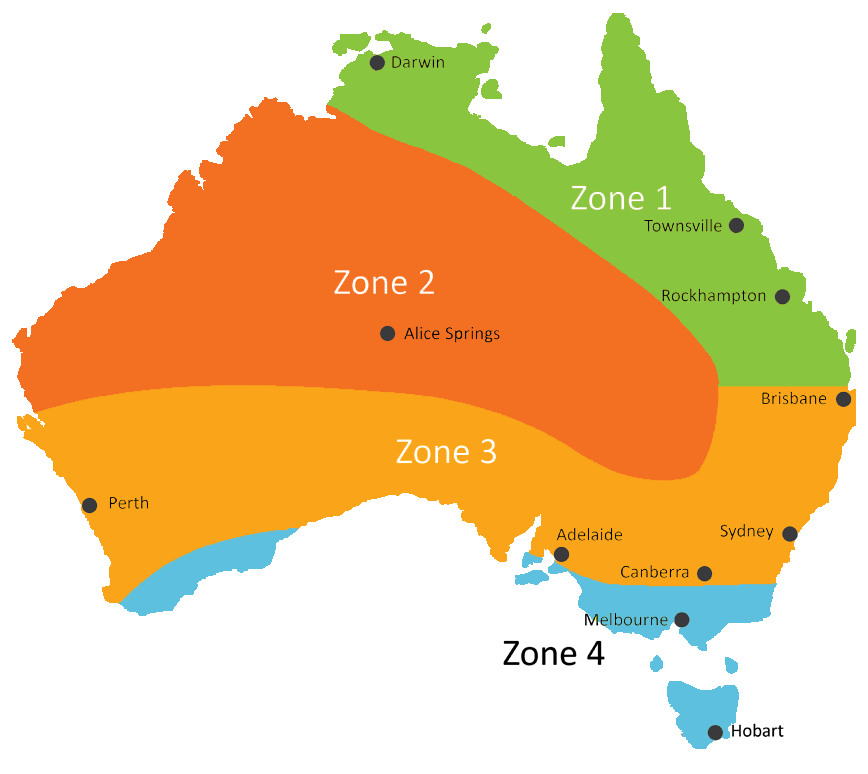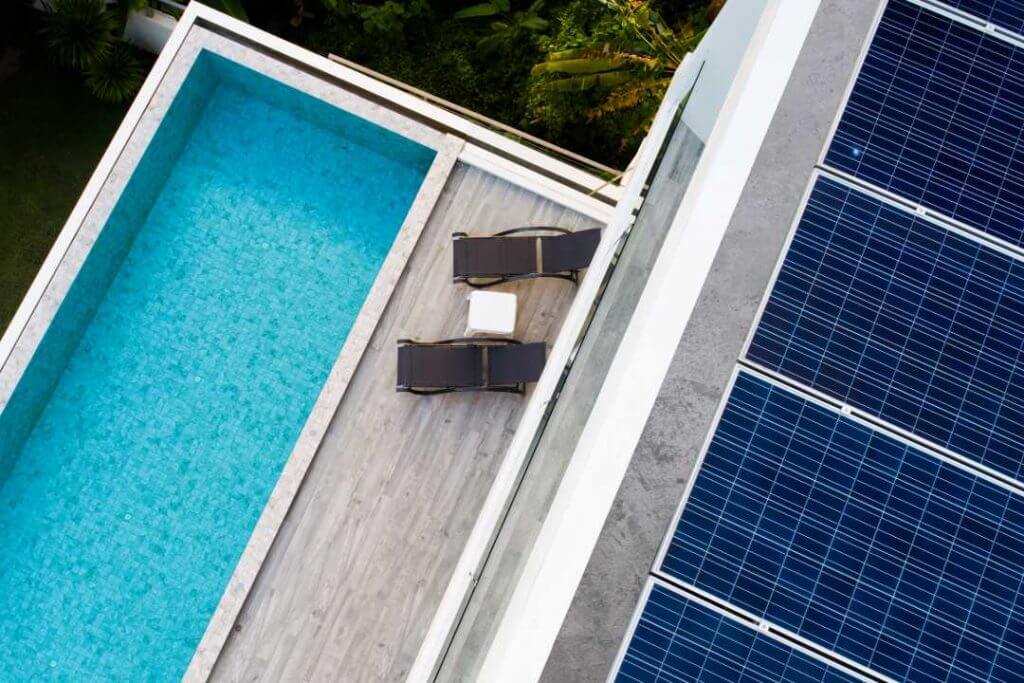Last update July 10th, 2024 at 05:53 pm
In Brisbane, more than 30% of all homes have invested in solar panel energy systems. Without a doubt, this answers the question, “does solar stack up in Brisbane?”. Throughout the years, the residents have been able to receive generous rebates and loans to help finance the installation costs.
Not all financial incentives are as good today as they once were. This may affect the beneficial value of installing a solar panel system today. Many Brisbane residents are now wondering if they should get a solar energy system or not.
So, how does solar stack up in Brisbane as an investment? Is it still worth investing in this type of technology? Here you will find the answer!

Rebate schemes for solar power systems in Brisbane
When the Australian government first introduced the solar power rebate scheme, the solar panel market was very different to what it is today. The solar panel price has dropped a lot over the years. Because of this, the rebate is somewhat smaller.
Despite the price drop, solar panel systems are still costly. Luckily, you are still able to get access to good rebate schemes that will make solar panel systems more affordable – although the rebate is smaller than before.
The federal solar rebate in Brisbane
The Australian government is making solar systems more affordable for residents all over the country, thanks to the STC based rebate scheme that will last until 2030. When installing an eligible solar panel system, so-called STCs will be generated.
The STCs have a given market value, and this value might change from time to time. The number of STCs you receive is based on the size (kW) of your system and which STC zone your household is located in. Note that the number of STCs you receive will drop every year.
Although most of Queensland is located in STC zone 1, the city of Brisbane is included in zone 3. This has a negative effect on your STC rebate, but you will still get a financial incentive that makes the investment more affordable.
If your solar panel system generates 82 STCs, and each of these has a value of $37.00 you will receive a total rebate of $3,034. In general, you can expect the STC rebate to cover around 30 to 40 % of your gross costs.

Battery Booster rebate
Many Australian states and territories have introduced local state rebates for solar panels, batteries and inverters to cut the residents’ costs additionally. In Brisbane and Queensland, there is the Battery Booster rebate.
Eligible Queenslanders can apply for a rebate when they buy and install a home battery energy storage system to use with new or existing rooftop solar systems.
The Battery Booster program rebate will help you better manage your electricity use and save on your energy bills.
If you are eligible, the rebates will offset the upfront cost of purchasing and installing a home battery system to use with a new or existing solar PV system.
Standard rebate: A rebate of up to $3,000 is available for applicants with an income of less than $180,000 for the most recently ended financial year.
If the applicant has a spouse, the combined income of the applicant and the applicant’s spouse must not have exceeded $180,000 for the most recently ended financial year.
Low-income rebate: A rebate up to $4,000 is available for households where the highest income earner earned $66,667 or less for the most recently ended financial year.
The program is now open and will remain so until funding is exhausted.
You must apply for conditional approval before applying for the rebate. The application must include a quote for an Approved Battery System from an Approved Installer or another retailer.
For more information on the program including eligibility please visit the Queensland Government website.

How effective is a solar power system in Brisbane?
Located in the “sunshine state”, Brisbane is lucky enough to have an average of 283 sunny days a year. Per square meter, it is expected to have more than five hours of peak sun every day. This is a great starting point for someone who is planning to invest in solar power!
Considering a solar panel system of 75% efficiency (no solar panels will be 100% effective, unfortunately), you may expect a 7 kW system to produce 27.3 kWh of electricity every day.
This will be sufficient enough for most households. In many cases, you will not need to buy power through the grid at all.
Save money by lowering your electricity costs
After deducting the government rebate, the average cost of a solar panel system in Brisbane is around $5,200. This might be a lot of money, but remember that your reduction in power costs will make up for the one-time installation cost.
The payback period is around three to five years for most Brisbane households. Essentially, this means that the system will pay for itself as time goes by. A typical homeowner will cut their power costs by as much as $2,000 to 3,000 every year.
Conclusion: How does solar stack up as an investment in Brisbane?
If you consider installing a solar energy system and live in Brisbane, you can feel confident that this will be a good investment. The government rebate will cut your initial costs, and you can expect the system to pay for itself as the years go by.
With an average payback period of three to five years, your economy will benefit from the investment in the long run. Your power costs will drop dramatically, and make it easier to handle the initial costs.
You will also reduce your carbon footprint, as solar energy is renewable. Solar panels do not produce any emissions when in use and will provide your household with clean energy.
Find the right solar solution for your home today, and make an investment that will benefit both your economy and the planet.